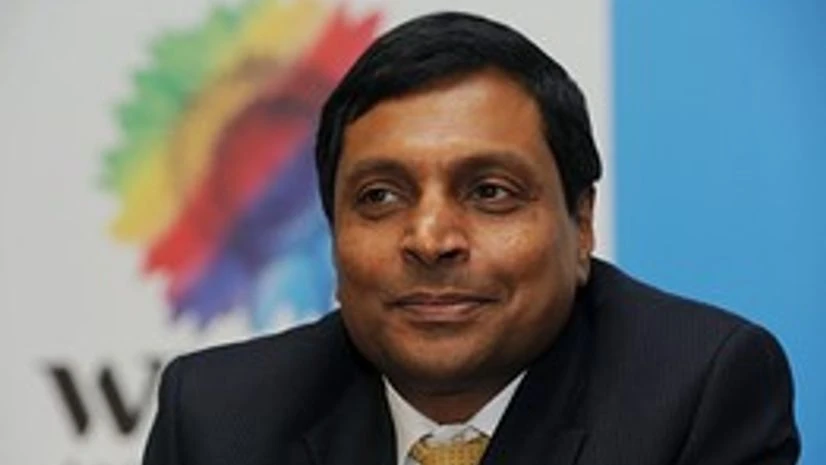Even as Wipro, India’s third-largest information technology (IT) services company, has given a muted forecast for the first quarter of 2014-15, Chief Executive T K Kurien believes 2014-15 will be better than the past couple of years. In an interview with Itika Sharma Punit and Bibhu Ranjan Mishra, he talks on the outlook for the next year, the slow growth in the retail vertical and initiatives to introduce automation. Excerpts:
You have sprung a surprise by giving a muted forecast for the first quarter of 2014-15 and, at the same time, sharing a bullish outlook.
We have always believed we must be consistent in our forecasts. When we give an estimate, we take into account all the deals closed and the potential ramp-downs. The minute you start putting judgment into the forecast, you could swing to one side. The biggest thing about Wipro is we have never missed our forecast; something we will be bent on preserving.
More From This Section
Our retail business has declined substantially. It is not client-specific; we are seeing this across customers in the US. The reason is we are on the ‘change’ side of the business, not on the ‘run’ side. So, we do new projects and new development, while clients have cut business. But in the retail sector, you can’t stay away from new development for long. The demand will return.
Your net hiring rose marginally in 2013-14. Will this be a trend?
Automation is picking up and that will have some impact on hiring (in quality, if not quantity). The best example is to look at the textile sector. In the UK, the garment sector employed seven million people at one point. When sewing machines and washing machines were introduced, the employment dropped dramatically and the social tension was massive. We are very worried that we have to create a sustainable business in which we don’t have to lay off employees because you cannot do that. So, we believe the less we hire, the better off we are.
Please detail your hiring plans.
This year, our gross hiring will be the same as last — about 15,000. But the mix is changing, as we are looking at people who are technologically more competent. In the next couple of years, we might not necessarily go to campuses, the way we used to. Instead, we might ask people to pass a test and we will give them salaries higher than market standards.
How far have you moved in the adoption of automation?
Now, it is at a nascent stage. Though we are ahead of rivals, we think we are just scratching the surface.
What is your outlook for growth in 2014-15?
We don’t give a forecast for the full year. What I can say is the next year will be better than the last couple of years. Don’t you see more confidence in Wipro employees compared to earlier times?
Recently, you created two new business lines? Why?
In the technology sector, the life of every business is 15-20 years; after that, it matures and dies. We will hit the maturity cycle of our business in four to five years. On the one hand, we are preparing Wipro to be future-proof. On the other, we are experimenting with new opportunities.
What are the mandates for the two new businesses: Change The Business and Wipro Digital?
Change The Business is a separate business, outside of Wipro. We believe sometime in the future, everything will be bought and sold as a service. Right now, it is happening in infrastructure. But it will move into applications and actual delivery of services. Today, it is an experimental shop we are running; the idea is to pick up a few ideas which, in the next 10 years, could be billion-dollar ideas. Wipro Digital straddles a technological perspective and is a part of Wipro. Their job is to go after differentiated service offerings.

)
